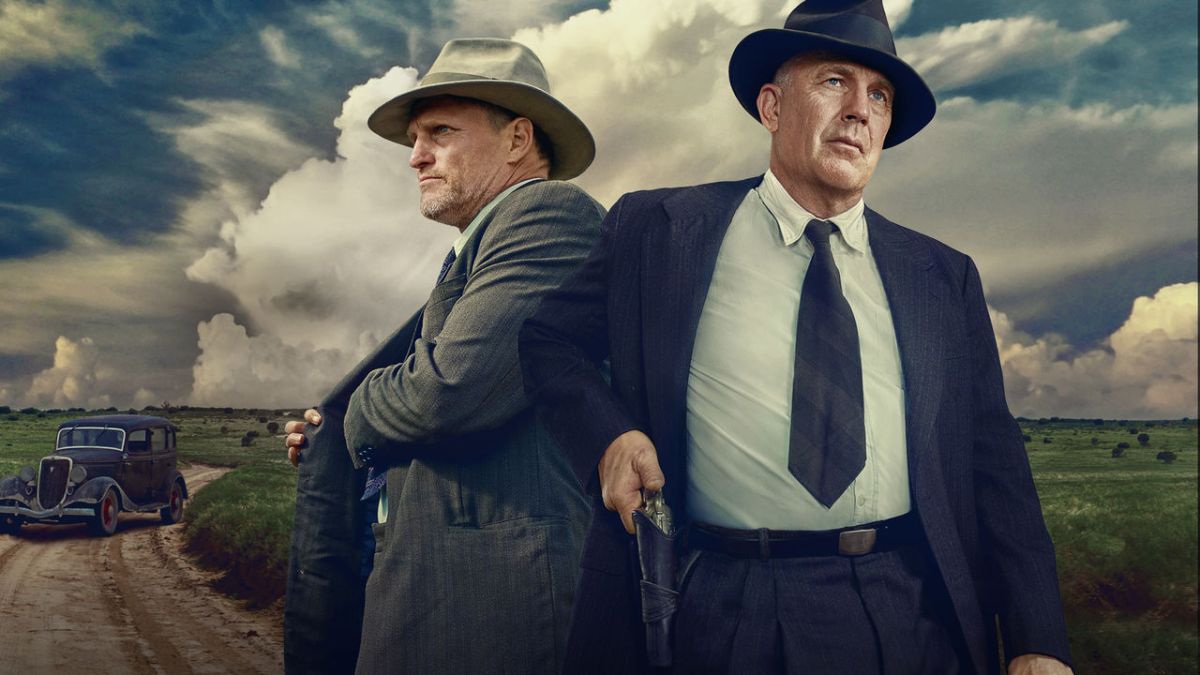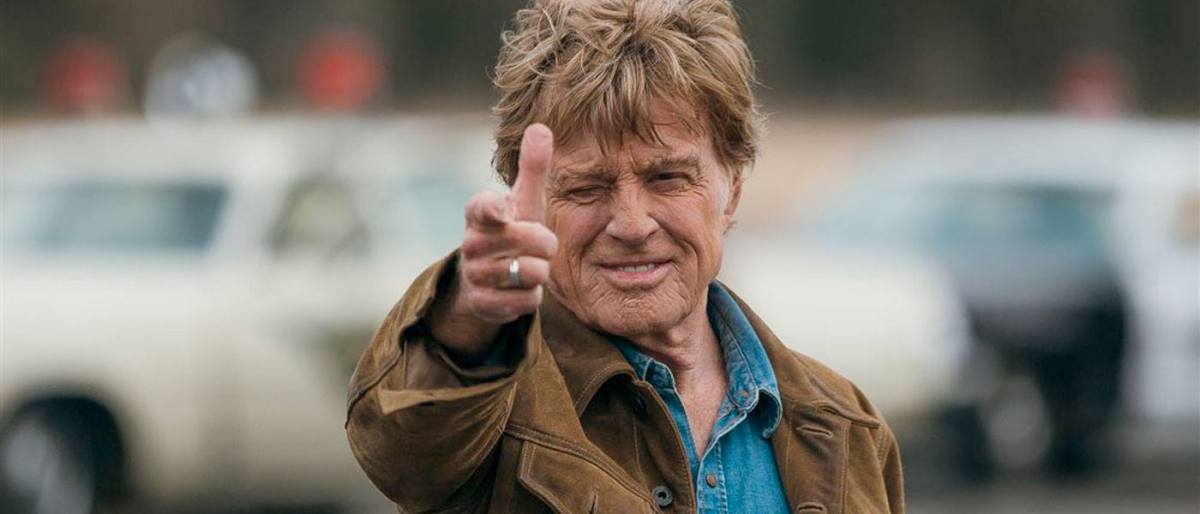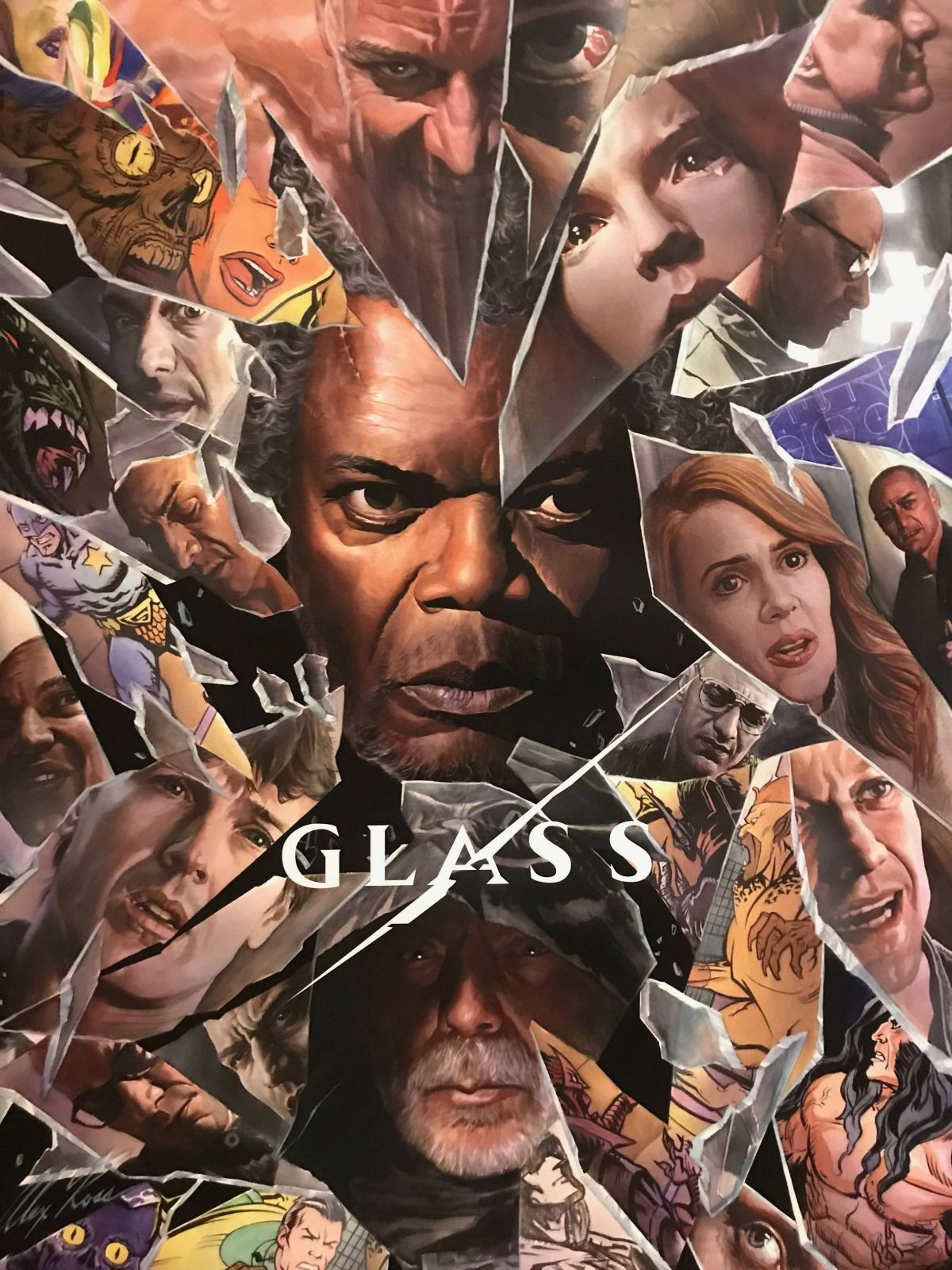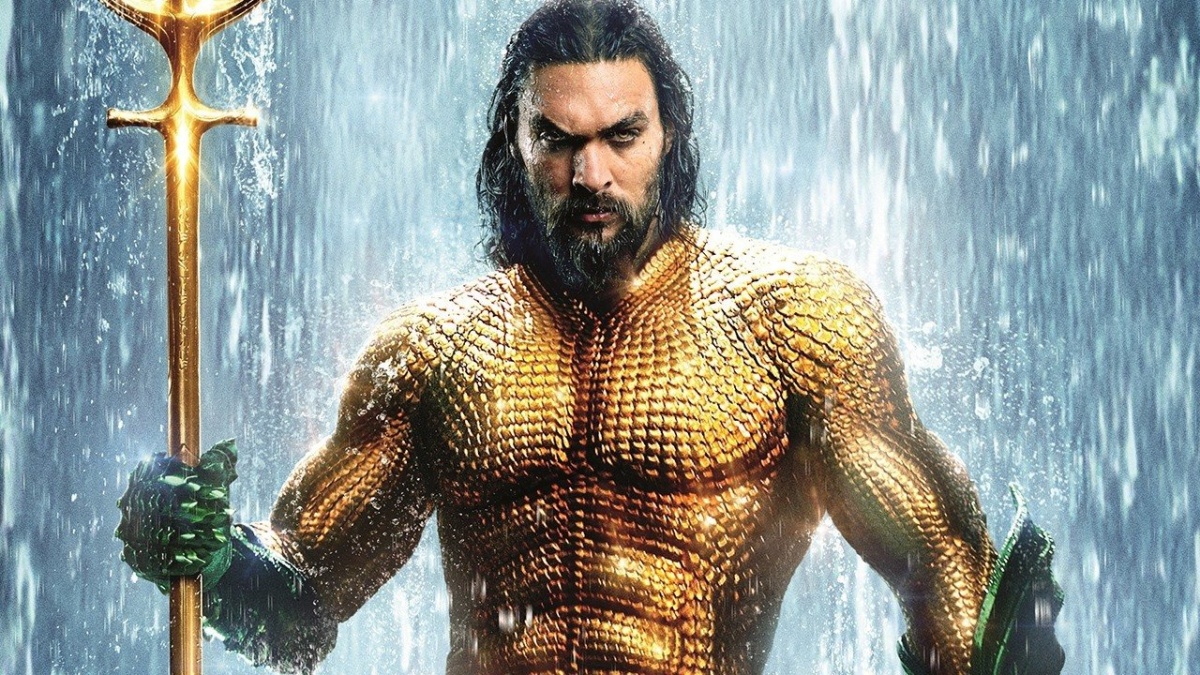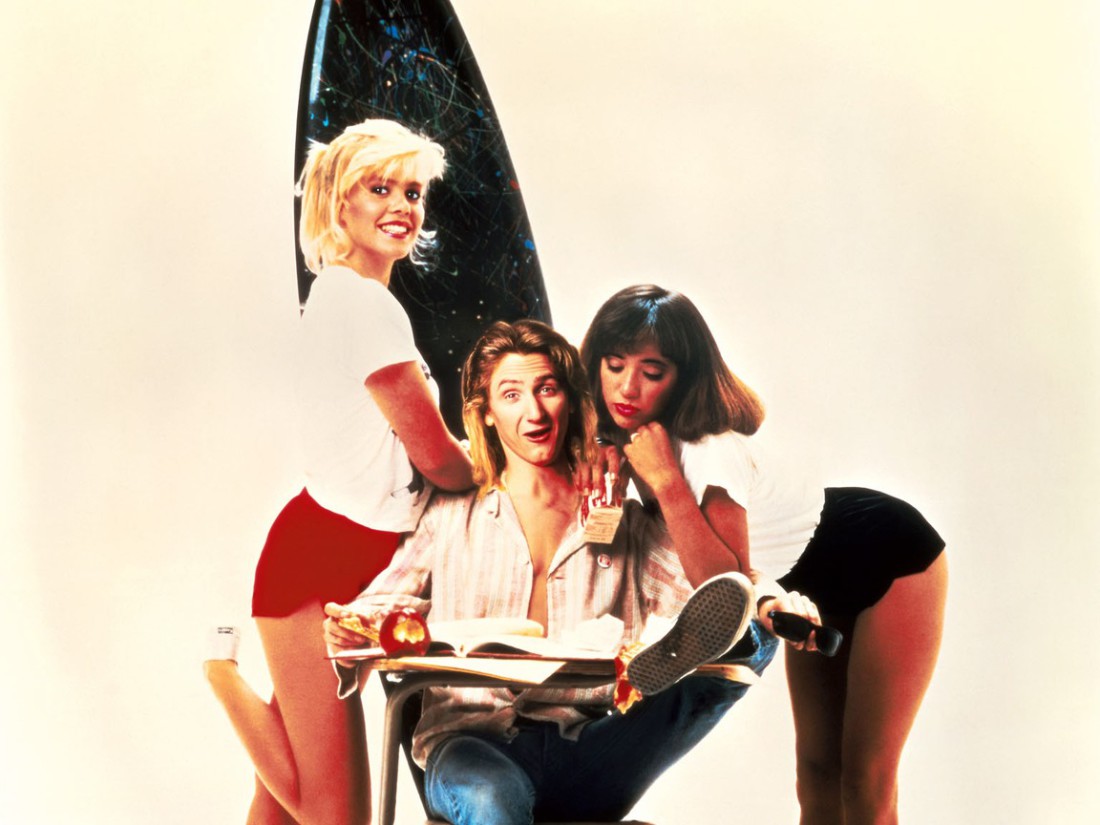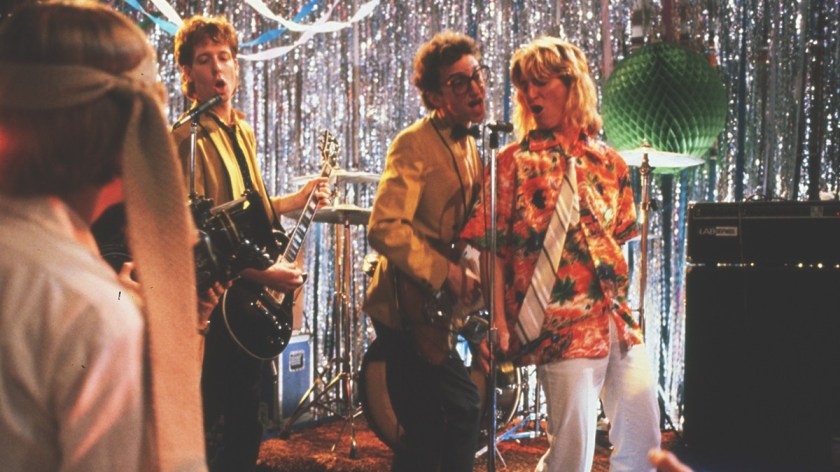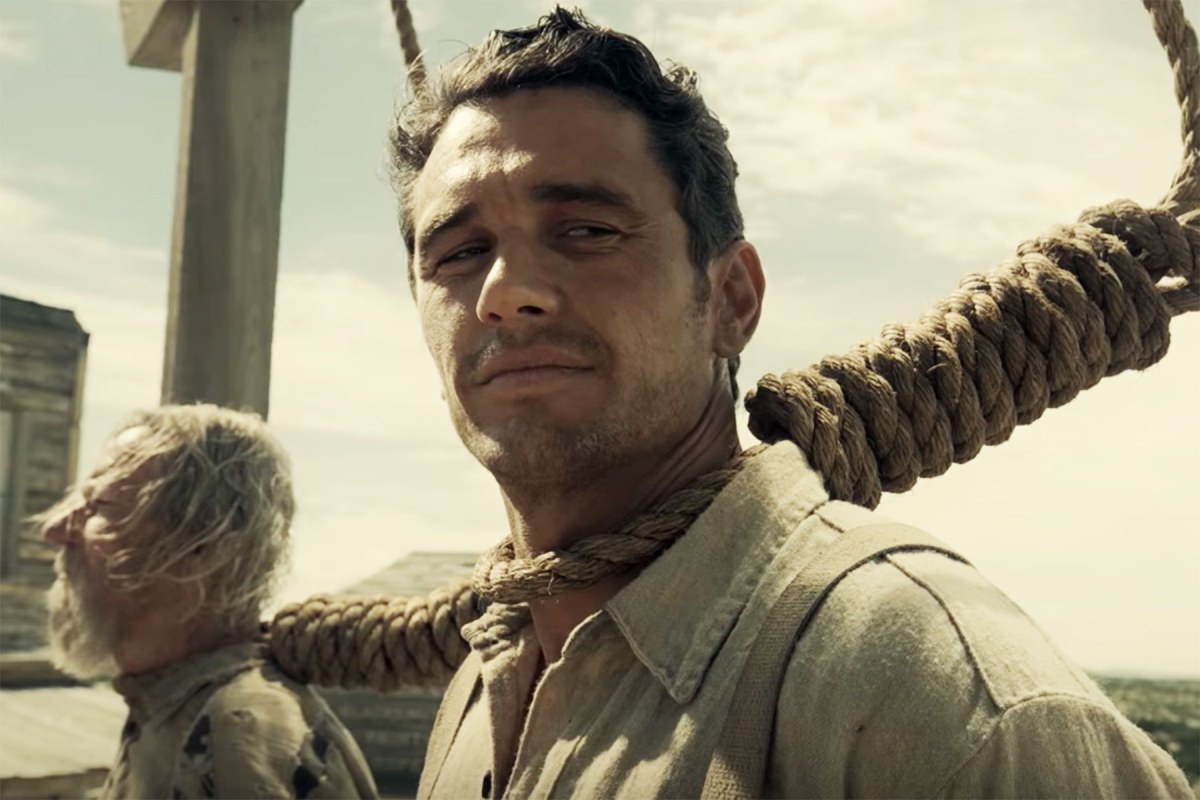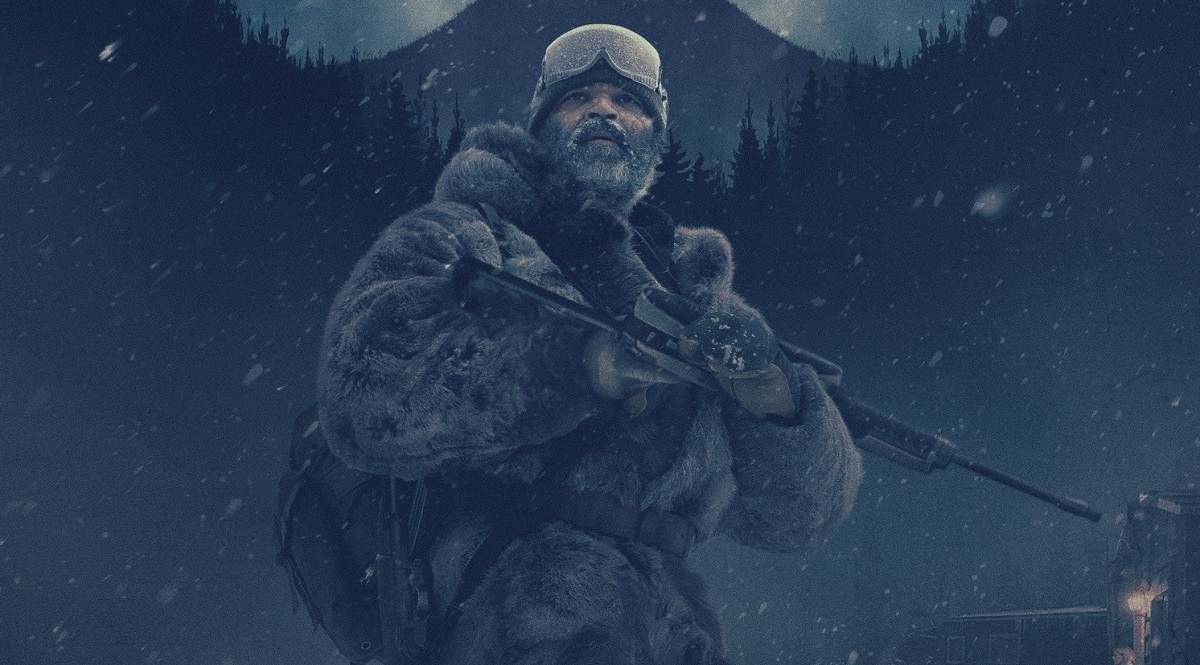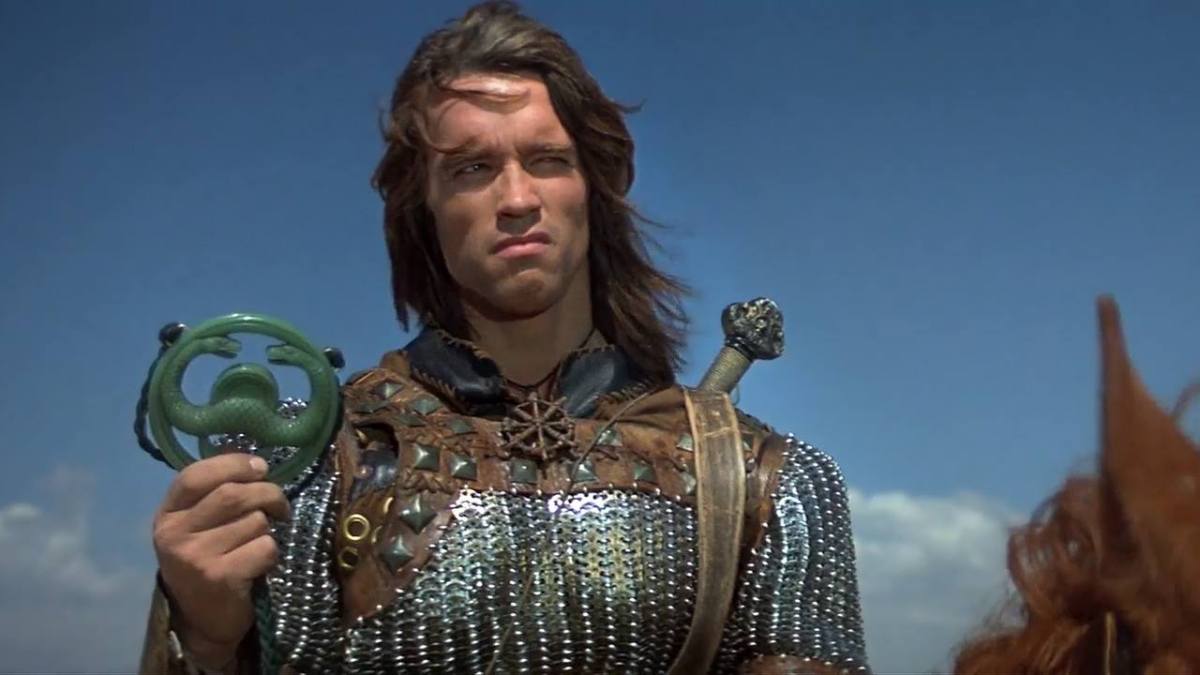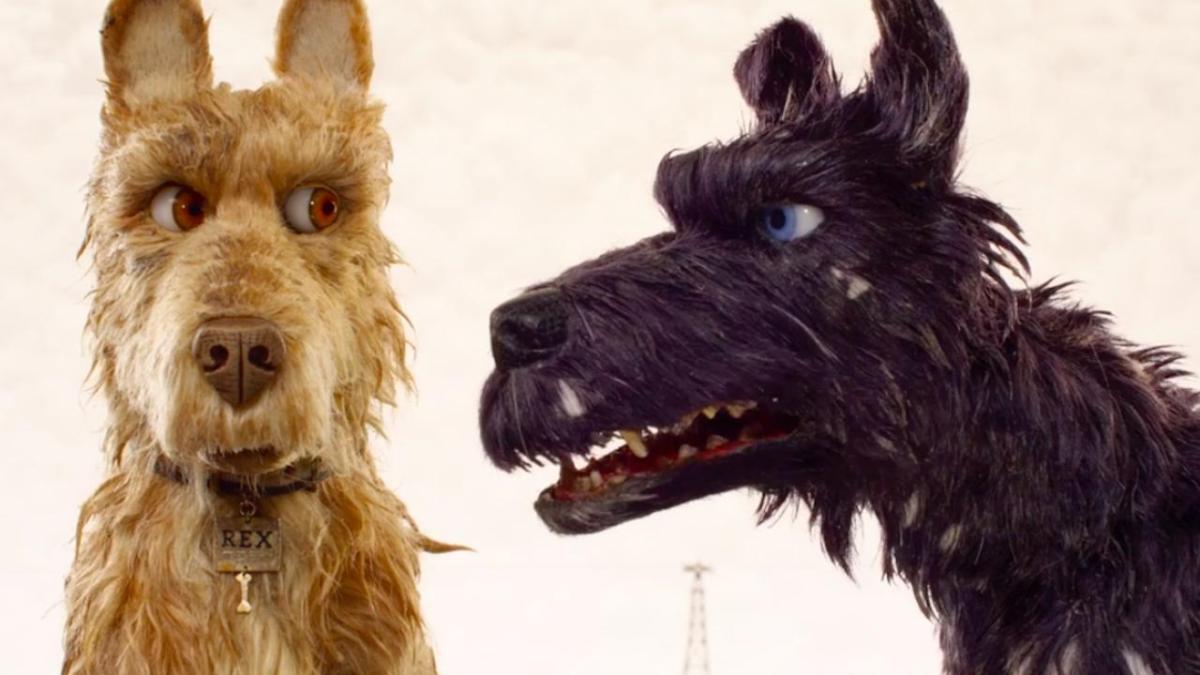What do you do when being good and following the law fails to quell an unstoppable evil that has almost zero chance of redemption? Netflix’s ‘The Highwaymen’, which portrays the true tale about a couple of former Texas Rangers tasked to take down the infamous violent crime duo Bonnie and Clyde, wrestles with the inevitably cold-hearted answer to the question above.
To stop a person who’s crossed the ultimate line of morality – taking one’s life – you get another who’s all too familiar with that moral dilemma themselves to stop them. You find someone who’s come within an inch of crossing that line, but never did, which makes them the best at fathoming what needs to be done to prevent the evil at hand without succumbing to it. Celebrated Texas Ranger Frank Hamer (Kevin Costner) embodied this complex spiral of morality.
Accidentally indoctrinated into a world of violence through an act of revenge as a teenager, Frank’s used his burgeoning violent tendencies for the law instead, turning that act of revenge into a calling to exact justice onto other evil doers, no matter the what the costs are. Because when it comes to conquering evil, sometimes you’re going to have to get your conscience a little dirty to make the world a better place – something that’s almost routine for Frank.
I found it fascinating that Frank’s ultimately a character that some might come to hate at the end of the watching ‘The Highwaymen’. If you do feel that way, I can tell you that you won’t be feeling too different how Frank feels himself.


